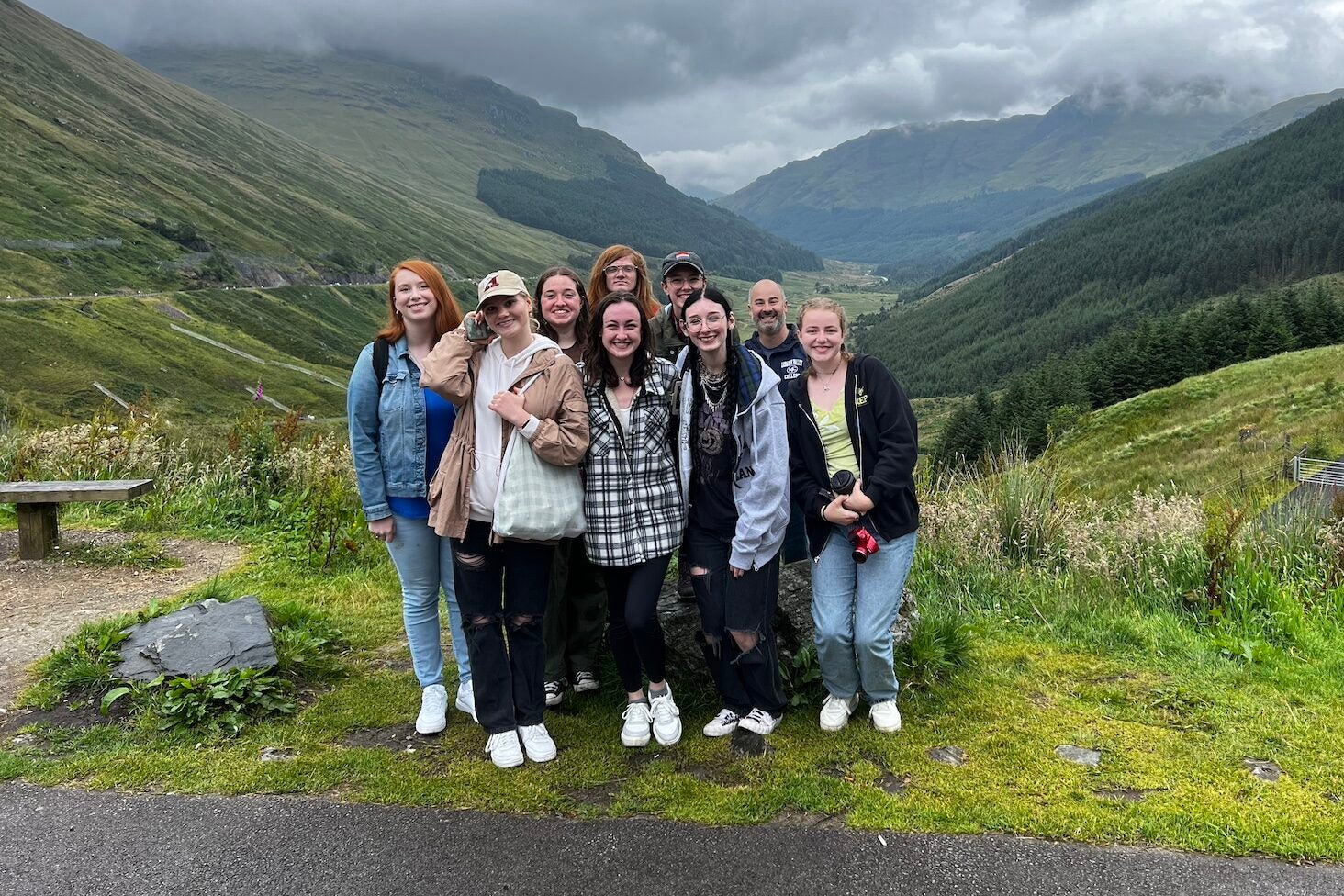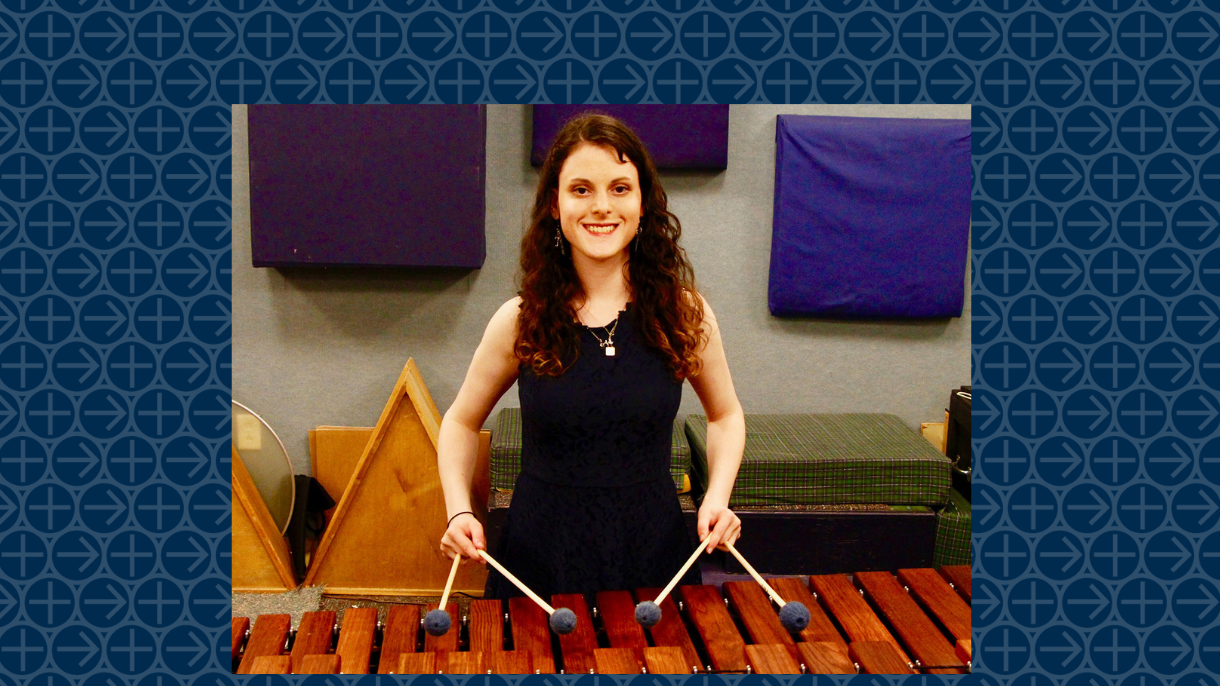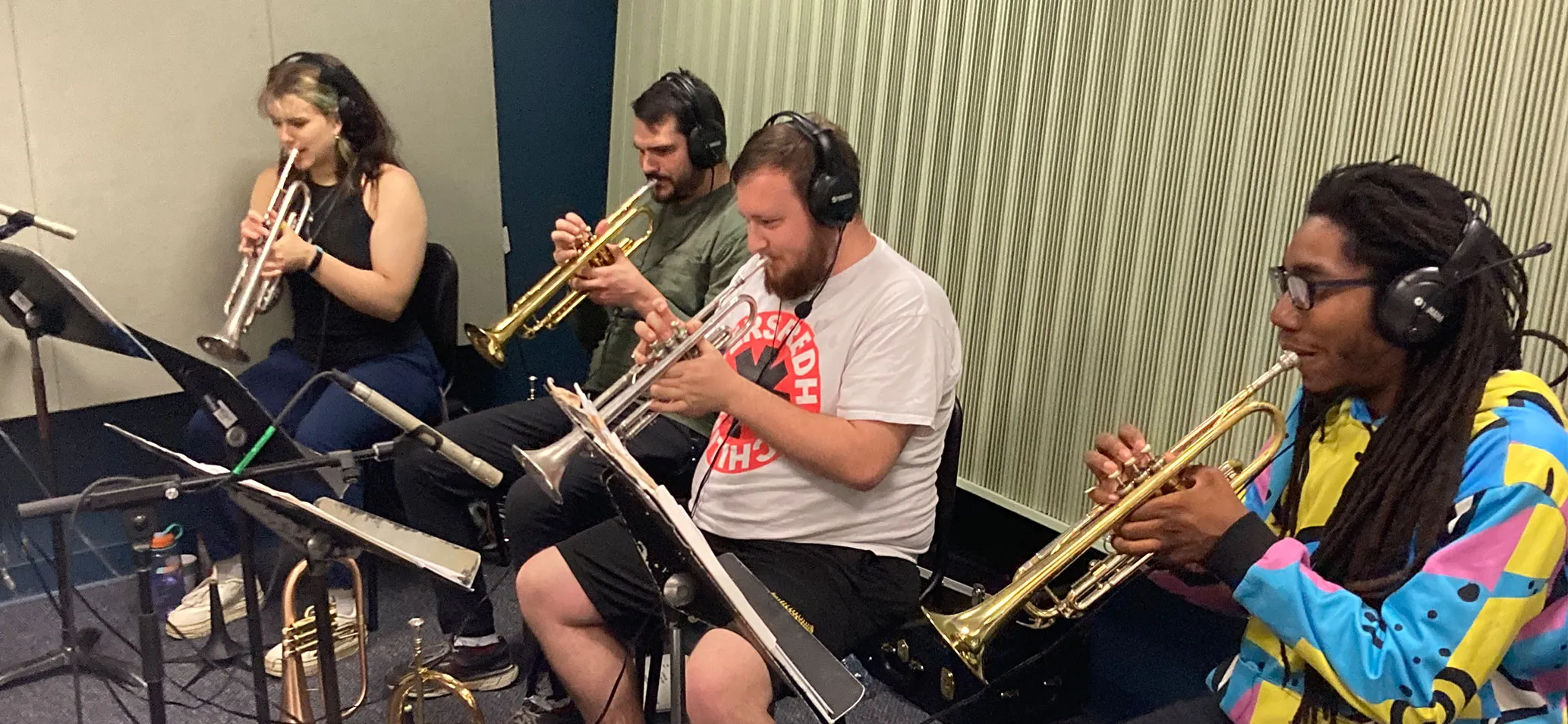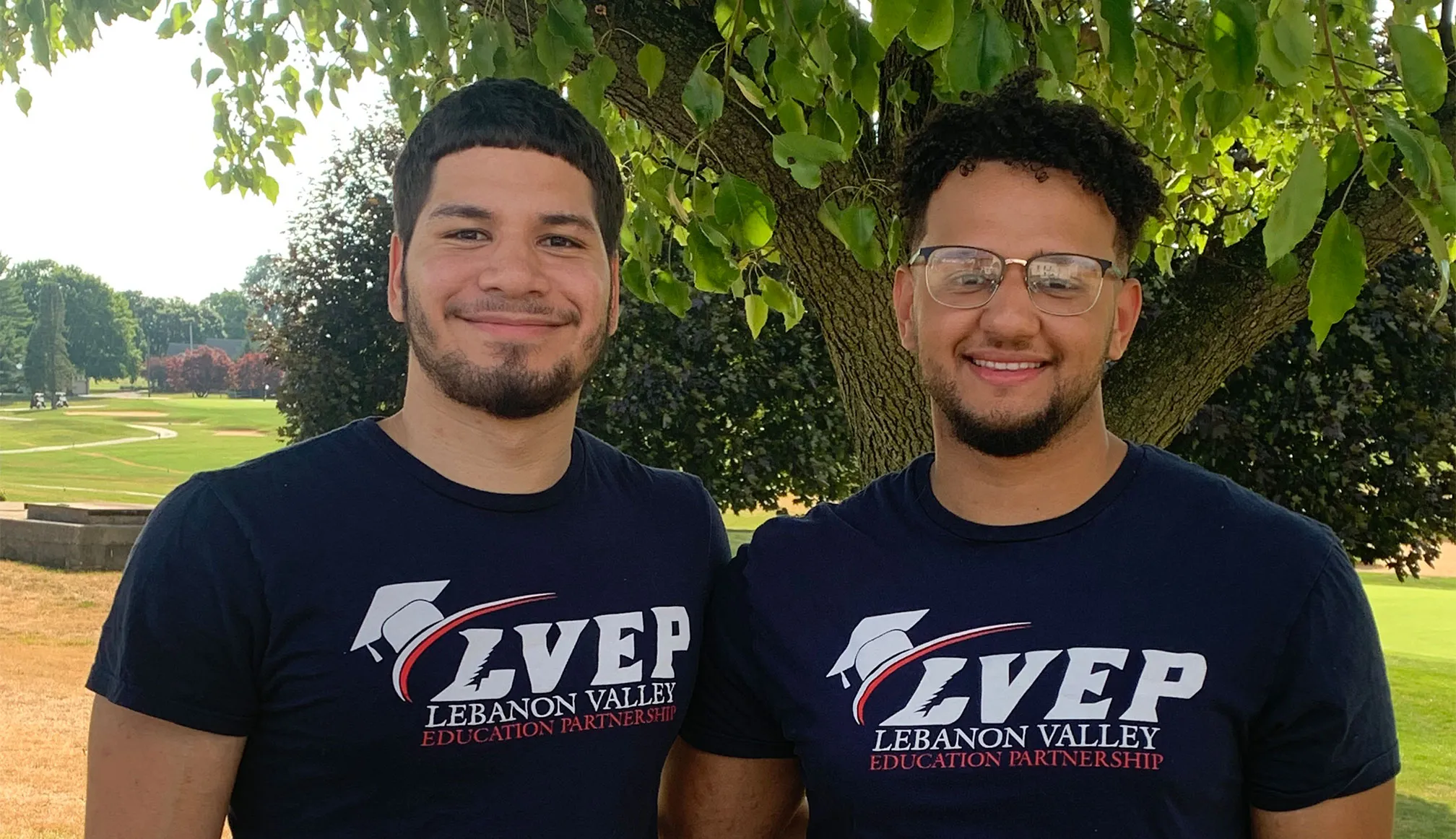
LVC News
- Accounting
- Accounting/MBA 3+1
- Actuarial Science
- Allwein Scholars
- Alumni Profiles
- Applied Kinesiology
- Athletic Training
- Athletics
- Audio Music Production
- Awards
- Biochemistry & Molecular Biology
- Biology
- Breen Center
- Business Administration
- Campus
- Chemistry
- Clinical Exercise Physiology
- Clinical Mental Health Counseling
- Community Service
- Computer Science
- Creative Arts
- Creative Writing
- Criminal Justice
- Data Science
- Digital Media
- Economics
- Education
- Engineering
- English
- Environmental Science
- Esports
- Exercise Science
- Faculty Profiles
- Gallery
- German
- Giving
- Graduate Studies
- History
- Honors
- Intelligence and Security Studies
- Interaction Design
- International Business and Policy
- LVEP
- Marketing
- Mathematics
- MBA
- Medical Humanities
- Medical Laboratory Science
- Music
- Music Business
- Music Education
- Neuroscience
- Nursing
- Physical Therapy
- Physics
- Political Science
- Pre-Law
- Pre-Medical Professions
- Psychology
- Self-Designed
- Social Justice and Civic Engagement
- Sociology
- Spanish
- Speech-Language Pathology
- Sport Performance
- STEM Education
- Student Profiles
- Study Abroad
- Sustainability
- Transfer
- Undecided/Exploratory
TEDx Talk Raises Awareness About Invisible Disabilities

Valerie Kosson ’21 was born at just 23 weeks and 5 days weighing less than one pound. Labeled a micro-preemie, she spent four months in the Neonatal Intensive Care Unit. Her early arrival into the world caused lingering short-term memory troubles, the inability to feel time passing, and a traumatic brain injury. These are all examples of invisible disabilities, an invisible condition that limits a person’s movements or activities and often is misunderstood by others.
Wanting to reach others with invisible disabilities and raise awareness, Kosson shared her story when she presented “Invisible Disabilities: Seeing Others with Compassion” at TEDx Youth in Lancaster this summer. Based on the famous TED Talks, online videos featuring expert speakers, TEDx Youth brought together 10 speakers age 21 or younger to share their “ideas worth spreading.”
“I hope that I am inspiring and helping students with invisible disabilities to not feel alone, and I hope that I will inspire others to feel compassion to those who are suffering. I know there are students out there who are going through some struggles, and by shedding light on the issue and showing how I have dealt with my own struggles, I think that could be very helpful.”
When Kosson struggles, she turns to music, which her mother played during her days in the NICU. Kosson’s mother Robin Spielberg, a concert pianist and recording artist, researched music therapy and discovered that it could help premature babies thrive. She brought her own CDs to the NICU and nurses observed that babies’ vital signs improved when the music was playing.
As Kosson progressed through elementary school, she developed a love of playing music herself. After starting with piano, Kosson’s percussion teacher invited her to attend an indoor drumline show in fifth grade. That’s where she first saw a student playing the marimba, a percussion instrument with wooden bars played with a rubber mallets, often used in western and central African and in Latin American music.
“I wanted to play what she was playing,” said Kosson. “It was so cool. I remember coming home from school and my parents had a surprise waiting: my own custom-made marimba. It is not full size, but it has a great sound and is perfect for practicing. Since then, I dived into percussion and fell in love with doing that.”
In high school, Kosson competed with her high school marching band and spent two summers with the competitive Raiders Drum and Bugle Corps based in New Jersey. When LVC’s Pride of The Valley Marching Band showed up to perform at her high school, she was “blown away” and decided LVC was the right fit for her.
At LVC, Kosson continued her passion for music, performing with the Pride of The Valley, the College choir, and handbell choir. Sometimes hesitant to try new things, Kosson credits patient faculty who spend extra time with her to review notes as well as the support services available for all students.
“Many students might be embarrassed or nervous about asking for help,” she said. “LVC has many resources. You do not need to have a ‘disability’ to go to the campus Accessibility Resource Center. There is a Writing Center, a place to find tutors, and Live Scribe electronic pens [that record notes in real time] available on loan. In addition, our campus has counseling services which can be especially helpful when students feel pressure and stress during testing periods. Asking for help is not a sign of weakness—it is actually a sign of strength. I hope more students take advantage of these resources.”




